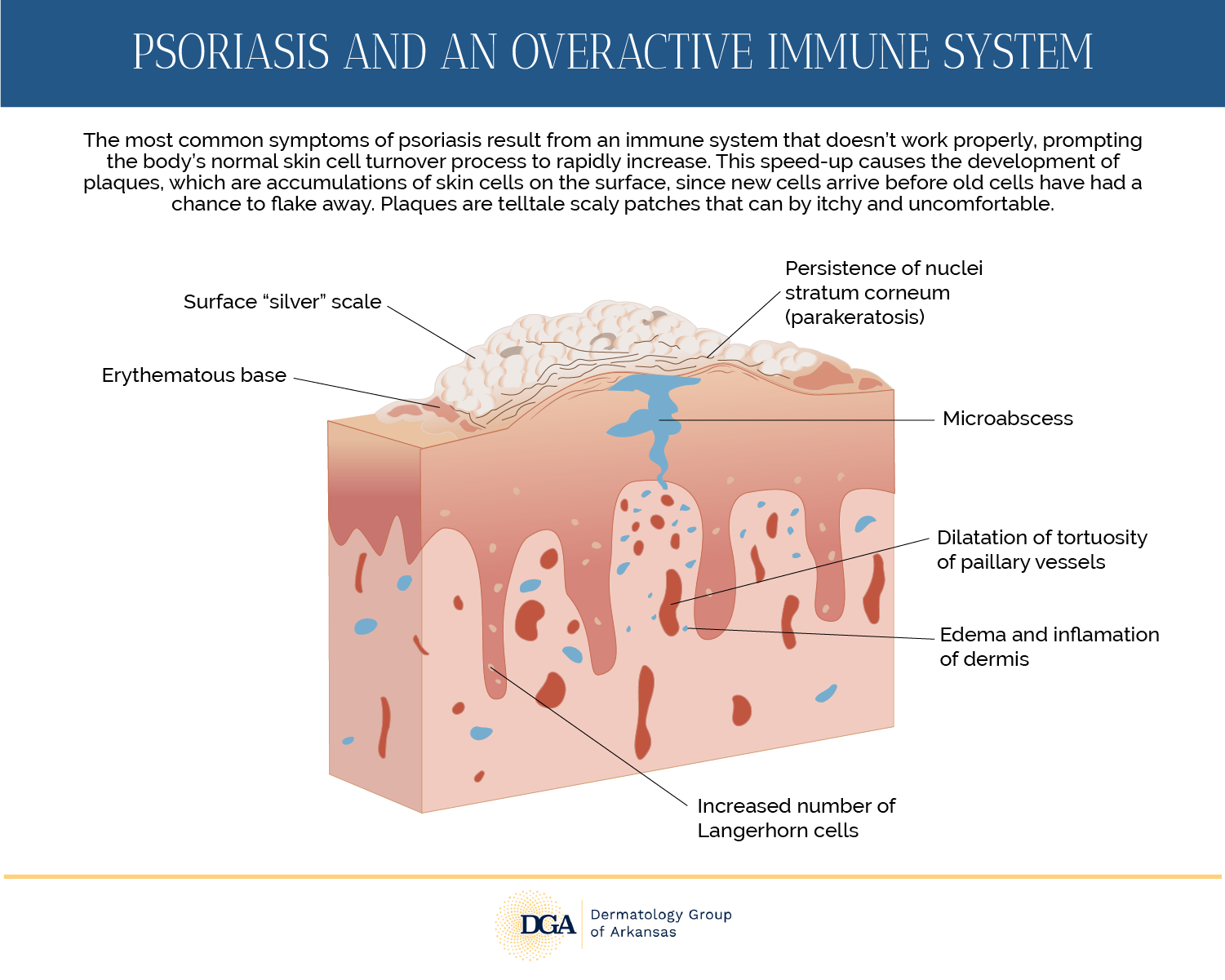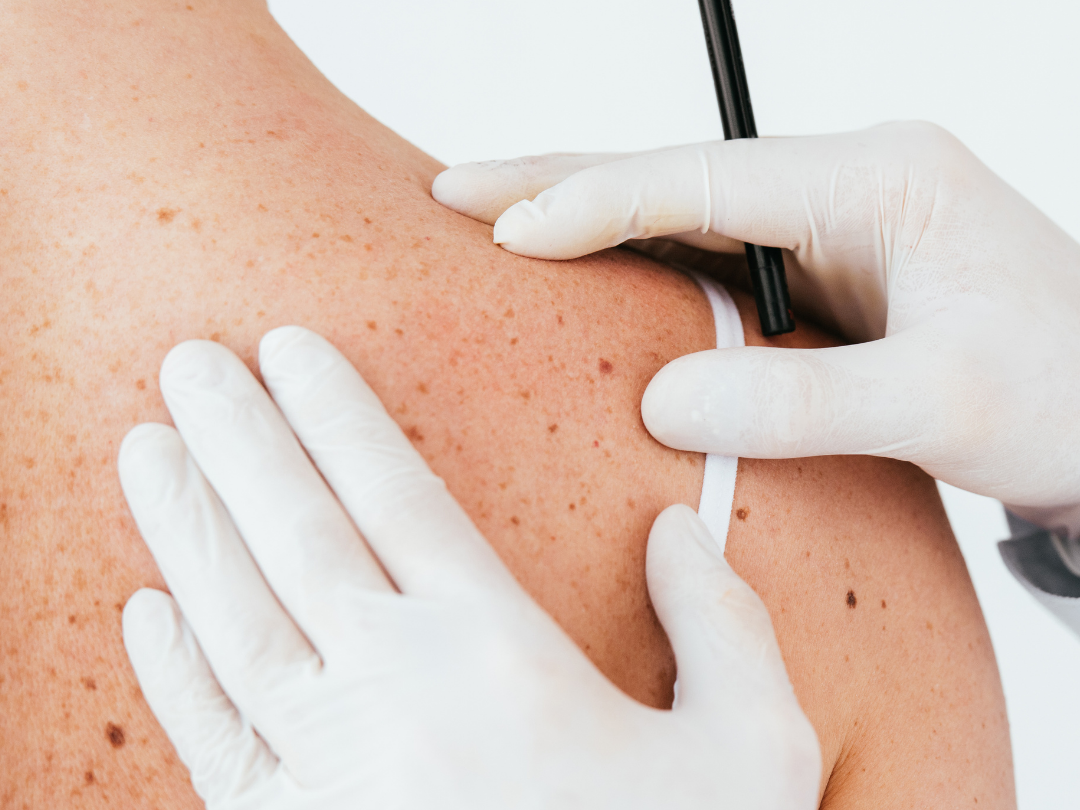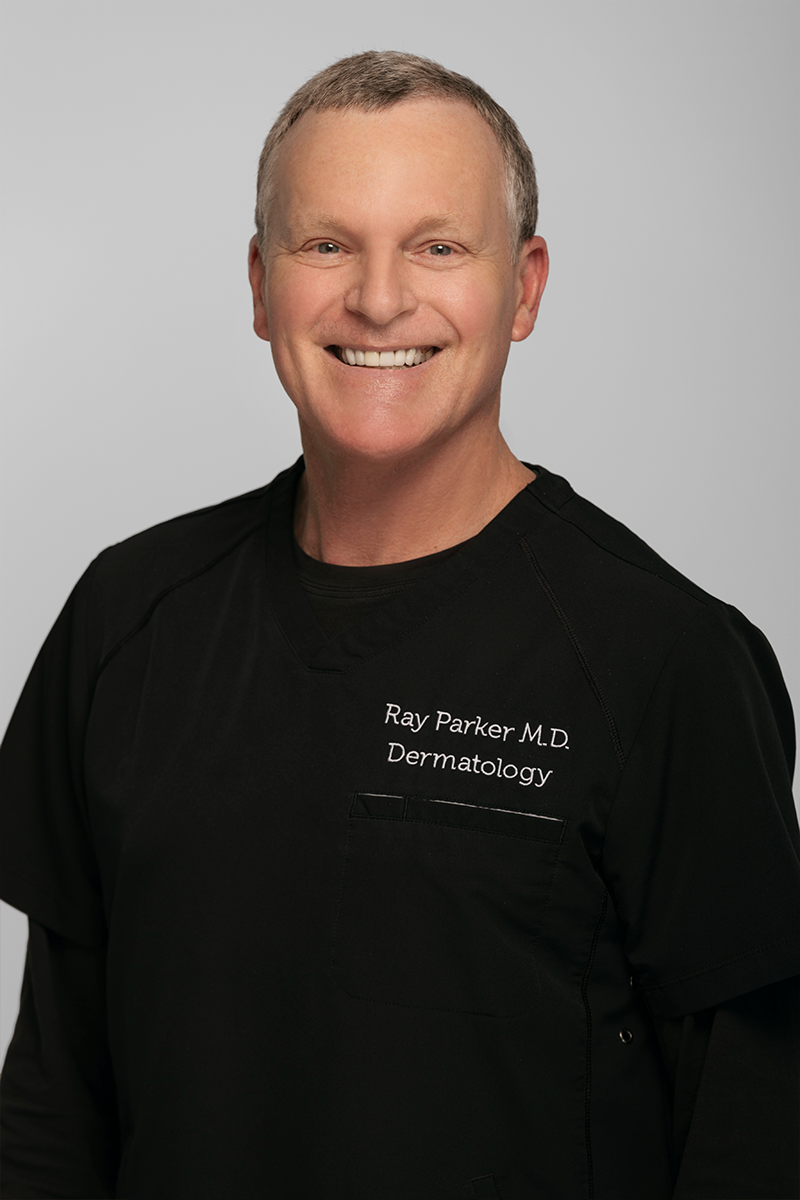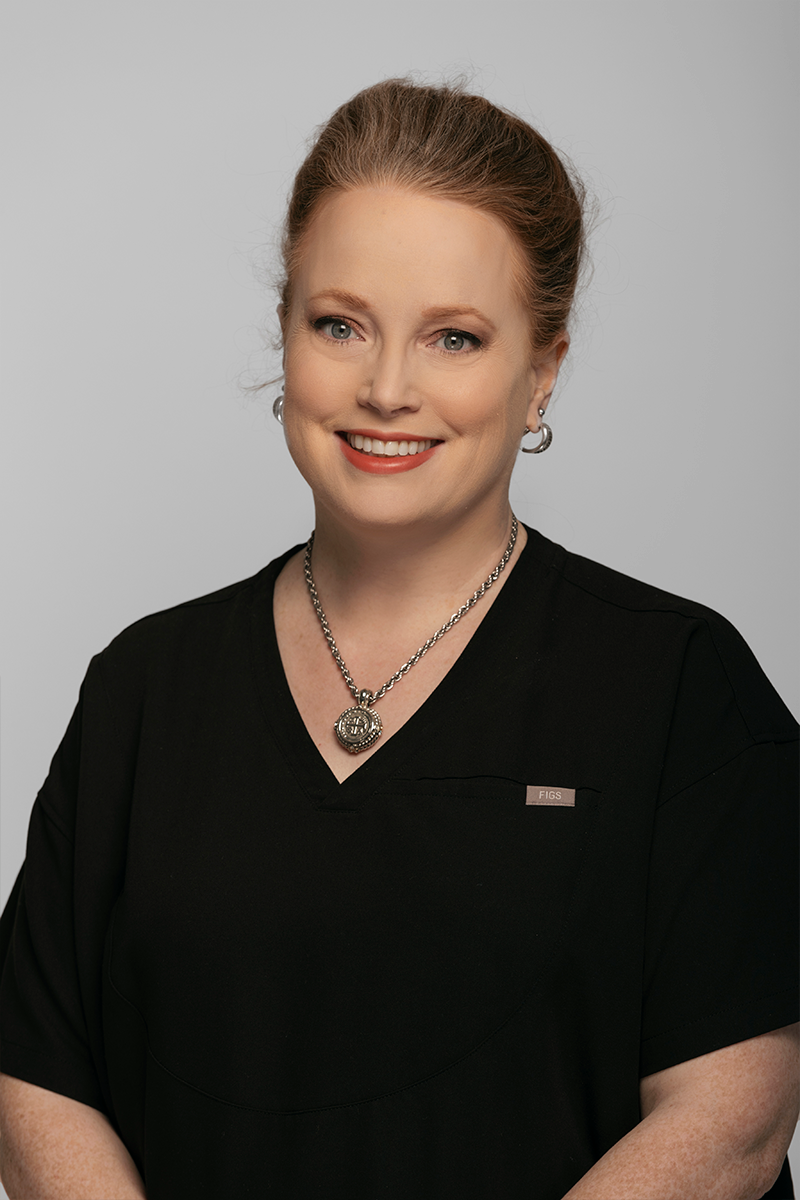Psoriasis
Manage Skin Plaques and Other Symptoms of this Chronic Condition in the Little Rock Area, Central Arkansas, and Beyond
Psoriasis is a very common medical condition, impacting more than 8 million people in the United States alone with inflammation, skin plaques, and more. While there is no clear cause for the chronic skin problem, there are many things people can do to manage the ongoing symptoms of psoriasis. The Little Rock area’s Dermatology Group of Arkansas works to help each patient get the problem under control, then reduce the chances and severity of future flare-ups.
Although psoriasis has not always been well understood, years of research have led to an expanding array of treatment options. That means the condition can now be managed well, and patients can enjoy a much-improved quality of life. To achieve this, however, it is important to seek professional medical care from a practice staffed by dermatologists experienced in diagnosing and treating the skin condition.
Contact Us Today
The Dermatology Group of Arkansas provides treatment for psoriasis for Little Rock, all of Central Arkansas, and beyond. Call us at 501-227-8422.


Treating symptoms of psoriasis at the Little Rock area’s Dermatology Group of Arkansas involves not just medications and phototherapy, but educating patients on what the skin condition is, how it manifests, and how to manage flare-ups of surface scaling and other unwanted effects. Our physicians will explain how the immune system’s function impacts skin cell turnover and more.
Psoriasis Basics
Psoriasis is a common, chronic autoimmune condition that causes rashes and inflammation in the body. The condition known as psoriasis is typically associated with scaling red plaques that develop on the skin as a result of skin cells rapidly accumulating on the surface. This is due to an overactive immune system, which causes the process responsible for the natural turnover of skin cells to speed up.
The journey of a skin cell from its birth below the surface to its transition up through the layers to its eventual sloughing off takes about a month in an otherwise healthy person. For psoriasis patients, the journey takes only a few days. This rapid skin cell creation does not give the outermost cells the proper time to die and flake away, so they instead “pile up” into layers. This creates raised scaly patches, known as plaques, that tend to be red and uncomfortable. Certain patients say they experience itching, burning, or stinging sensations in the skin where their plaques develop.
There is no cure yet for psoriasis, but the symptoms can be managed.
What Causes Psoriasis?
The causes of psoriasis are not yet fully understood by scientists, but research suggests that the condition is linked to the immune system and genetics. It’s an autoimmune condition, so it is caused by the body attacking itself. White blood cells protect your body against infections by destroying bacteria. Psoriasis is believed to occur when the immune system doesn’t function properly, and infection-fighting cells—white blood cells called T cells—mistakenly fight healthy skin cells instead.
It’s also believed that there could be hereditary factors that make some patients more likely to develop psoriasis than others. Having a family member who has this chronic condition is one of the risk factors. Smoking may also increase the risk of the disease and make flare-ups more severe.
What Are the Most Common Triggers for Psoriasis?
Triggers that result in the formation of plaques are not the same for everyone and may change over time. The rashes can occur because of exposure to an environmental factor, and common external triggers are stress, heavy alcohol consumption, medications, infections such as strep throat or skin infections, injuries that break the skin such as a cut, bug bite, or sunburn, anything that causes the immune system to kick into high gear, smoking or exposure to second-hand smoke, low temperatures, dry climates, and more.
Symptoms of Psoriasis
The symptoms of psoriasis vary widely in how they look from individual to individual and based on the type of the condition. Patients may not experience all of these symptoms, or may see their symptoms evolve over time.
Psoriasis also varies in severity. For some patients, it may only cause mild irritation, while for others, it may interfere with their quality of life.
The most common symptoms associated with this condition include raised, inflamed, patchy rashes on the skin, whiteish-silver or gray dandruff-like scales on the patches, dry skin that may crack or bleed, soreness on the areas surrounding the patches, itching and burning around the patches, thick and pitted nails, and painful, swollen joints.
On pale skin, the rashes may be red or pink, while on darker skin, they may look purple or brown. Rashes flare up in cycles for a few weeks or months at a time before clearing up and becoming almost unnoticeable. Flare-ups may then occur again if the patient is exposed to a trigger. The symptoms show up or become worse in response to specific stimuli. You might not have any symptoms for a while, or only mild symptoms, but this may be followed with a period of time when the symptoms become more severe.
The rashes can flare up anywhere on the body, even on areas such as the eyelids, ears, lips, feet, and nails. These plaques are frequently found on the body’s larger joints (knees and elbows), as well as the scalp and lower back. In the majority of cases, patients will have small rashes or flakes, but for some patients, the rashes may cover most of their body. Some people with psoriasis—roughly one in three—also have arthritis, which manifests as joint pain. The condition is not contagious; you won’t develop it by touching a lesion on another person.
Types of Psoriasis
Several types of psoriasis exist, with each form developing specific symptoms that would be recognizable to a trained dermatologist.
Plaque
The most common form, plaque psoriasis, is marked by scaly patches that may be red, silvery, or even purple. Although the scalp, knees, and elbows are typical areas where plaques develop, they can also form on the lower back, around or even in the navel, and virtually anywhere else on the body.
Inverse
Only about a quarter of patients develop the inverted form, which presents as very red, very itchy, but smooth patches of skin, often in areas that crease into folds: the underarms, beneath the breasts, and the buttocks. Perspiration and friction can cause the sensations to be quite painful.
Guttate
Guttate psoriasis—developing in about eight percent of patients—frequently takes the form of reddened and inflamed circles on the torso and limbs, though it can show up anywhere.
Pustular
Somewhat resembling acne, pustular psoriasis appears as painful bumps filled with pus. About three percent of patients have this form, which can also involve inflamed skin around the pustules on the hands, feet, and elsewhere.
Erythrodermic
Only two percent of psoriasis patients have the erythrodermic form, which is dangerous in the way it causes large-scale redness, skin pain, and shedding.
Meet Your Doctors
Meet Your Doctors
What Treatments Are Available for Psoriasis?
Treatments, lifestyle habits, and coping strategies can help you better manage this condition. The best treatment will depend on the type and its severity. At Dermatology Group of Arkansas, we frequently rely on “topicals, orals, and biologics” to help our psoriasis patients. There are many medications developed specifically to help sufferers by reducing plaques, soothing itching and burning sensations in the skin, and evening red tones. We also use phototherapy, which is a light-based treatment to address symptoms.
Treatment should also involve education that helps patients to identify and avoid factors that trigger flare-ups.
More Than Psoriasis
It’s important to have this condition properly diagnosed, since not every rash is caused by psoriasis. The team at the Dermatology Group of Arkansas can help you determine whether what you have is psoriasis, or possibly acne, rosacea, eczema, or some other skin condition. They provide diagnosis and treatment for common skin conditions.

Contact Us Today
Contact the Dermatology Group of Arkansas today to learn about psoriasis in the Little Rock area. Call 501-227-8422 or submit a contact form.
Stay In Touch
Our team at Dermatology Group of Arkansas is looking forward to hearing from you and building a relationship to help you get your best skin possible. Follow us online, reach out to us directly to set up a meeting, or both!













